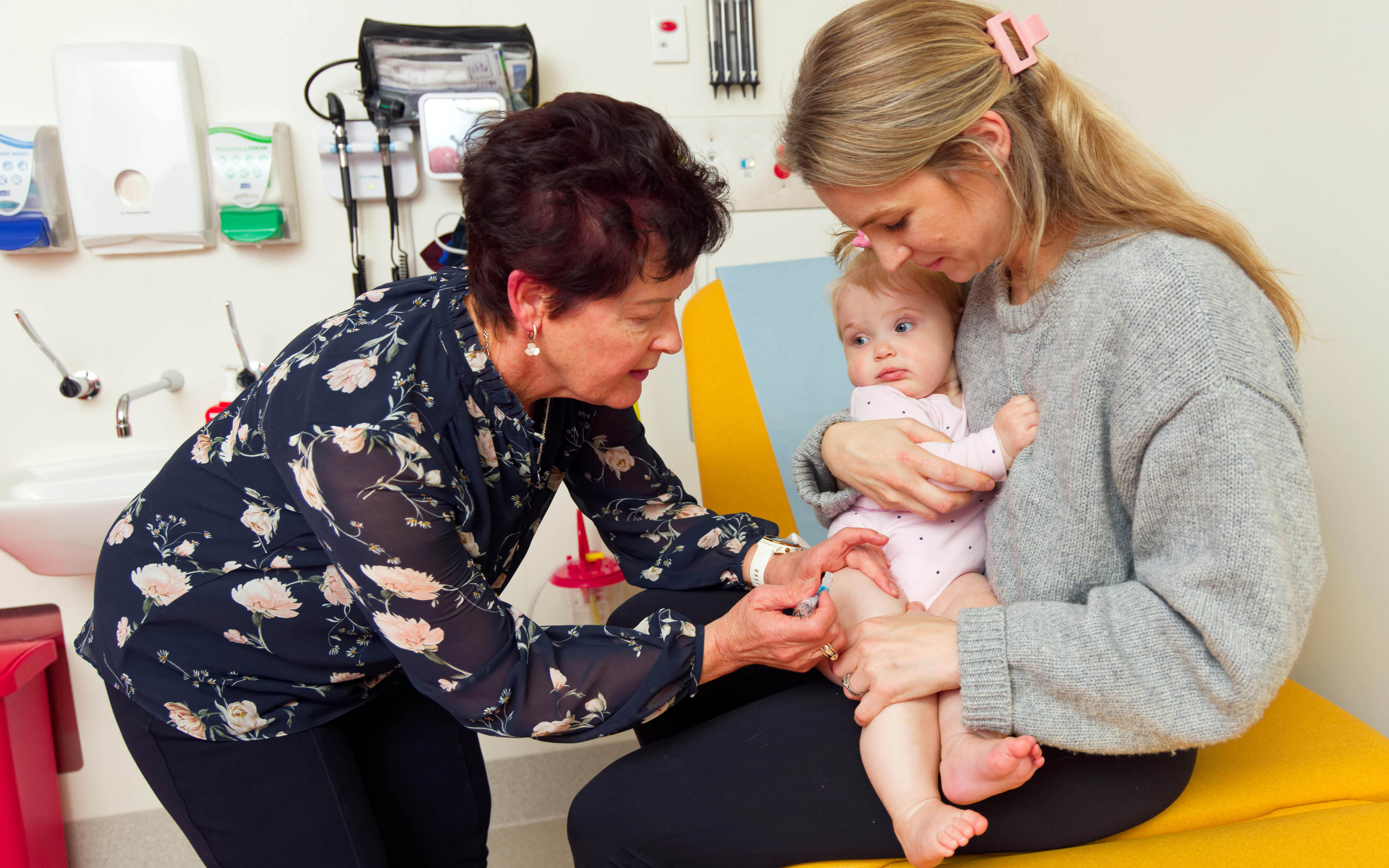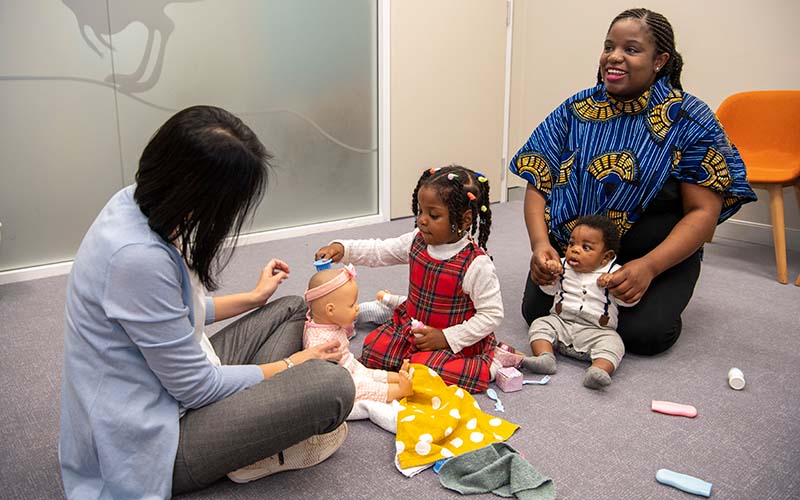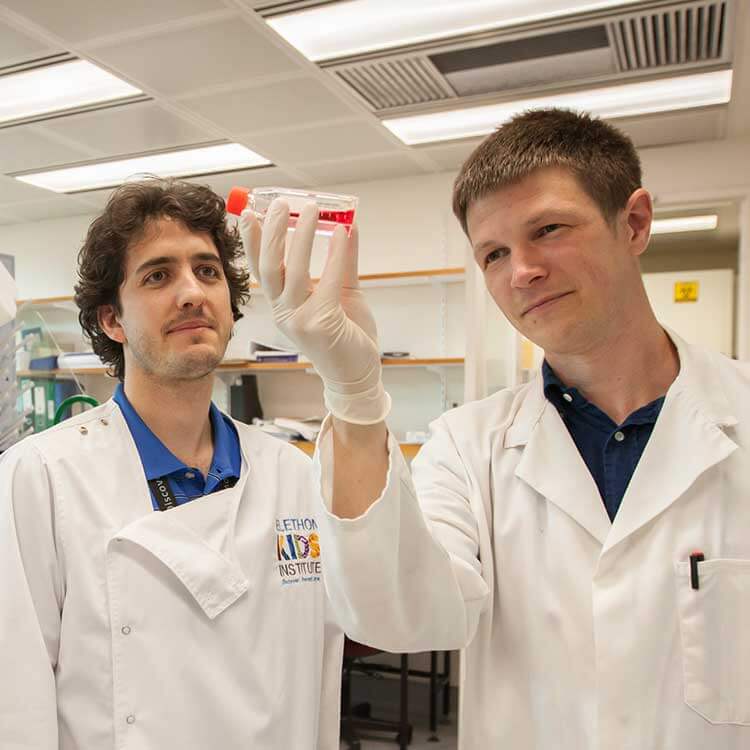Search

The mission of the Vaccine Trials Group is to improve the health of the community through immunisation and the prevention of infectious diseases.

The Indigenous Genomics Group aims to build Indigenous leadership in genomic and data sciences, precision health, and ethics to improve health equity and the wellbeing of Indigenous people, families and communities.

The research of the Translational Genetics team is focussed on providing molecular analysis of genetic variants (gene mutations), to better inform the early and accurate diagnosis of children living with genetic and rare diseases.

The aim of the Translational Intelligence team is to understand how individual bases in our genome predispose, alter and interact in normal and disease contexts.

Focuses on understanding and improving early childhood health and development to set the foundation for lifelong wellbeing. By addressing factors from pregnancy through early years, this theme aims to optimise health outcomes from the very start.

The Kids' autism research takes place at CliniKids, a centre that integrates world-class research with a clinical service for children with developmental delay and/or autism and their families.

The Ear and Hearing Health team's vision is all children start primary school with good hearing.

By investigating the way that breastmilk guides children’s immune trajectory, we provide evidence-based recommendations for the development of happy healthy kids

The vision of the Nutrition in Early Life team is to work together with the community to produce quality research, for improving our knowledge of how a mother’s diet during pregnancy and breastfeeding can improve both her and her child’s health.

The Pregnancy and Early Life Immunology team's overall research vision is targeted towards understanding immunological development during early life.
